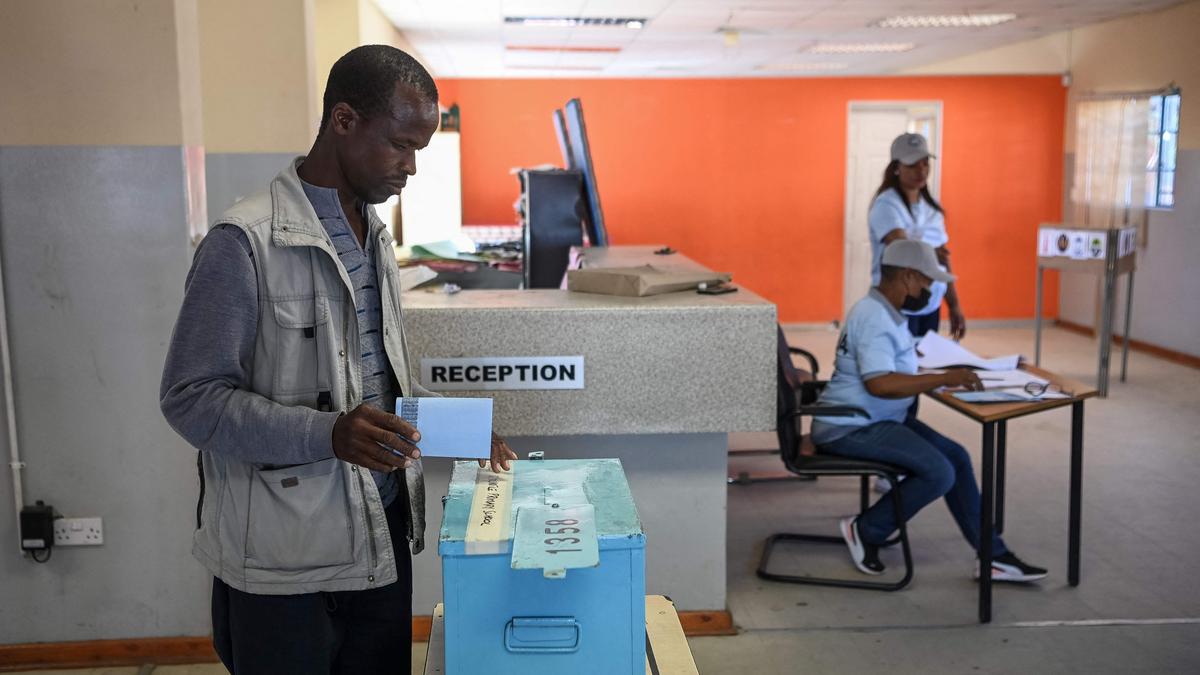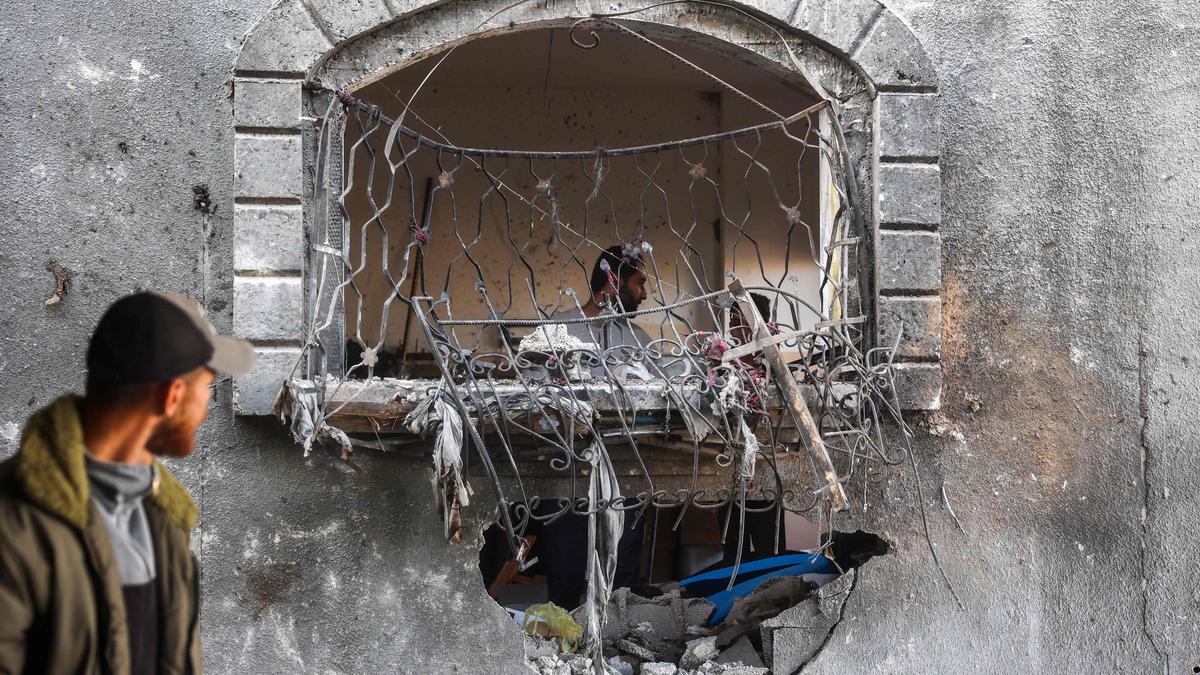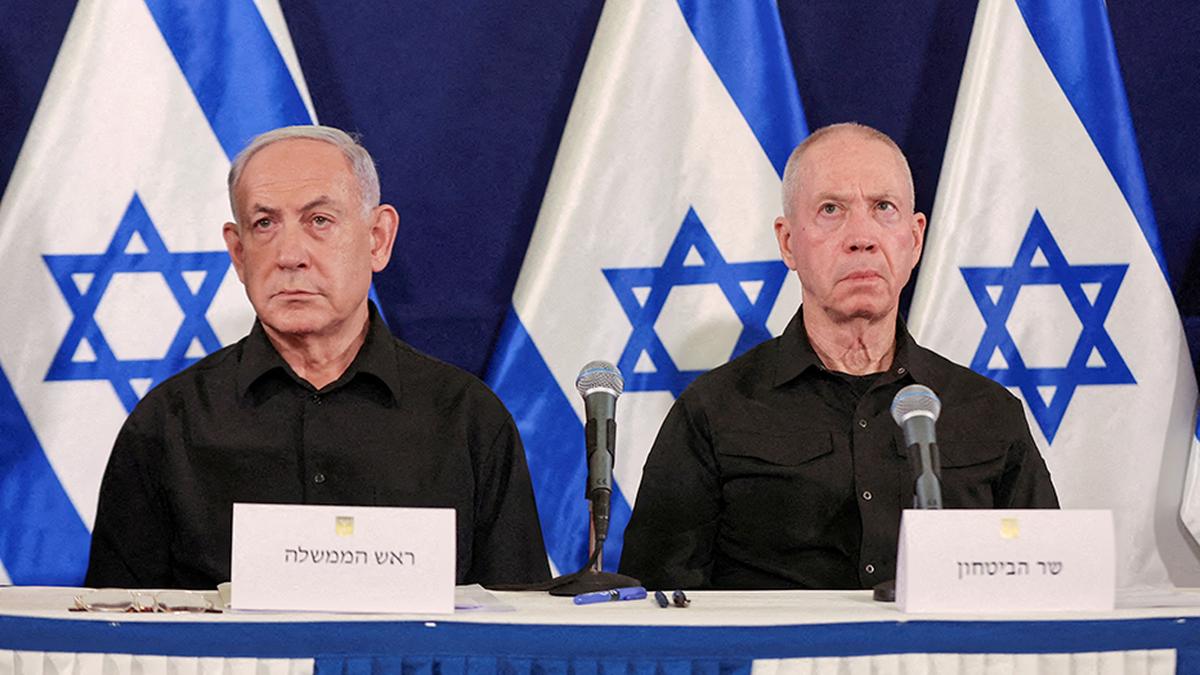Southern Africa’s diamond-rich nation of Botswana voted in general elections Wednesday (October 30, 2024) with the ruling party seeking to extend its nearly six-decade rule and hand a second term to President Mokgweetsi Masisi.
Polls opened at 6.30 a.m. (0430 GMT) for more than a million people registered to vote, with four presidential candidates in the race to head the region’s oldest democracy, installed on independence from Britain in 1966 when the Botswana Democratic Party (BDP) took office.
“It is my time to voice my opinion. I can’t wait,” said Lone Kobe, 38, who had been queueing since 3.15 a.m. at a school in Gaborone hosting a polling station.
“I would like to experience a new Botswana. We are seeing a percentage of the population enjoying the benefits. We are just the spectators, like we are watching a movie,” said the self-employed woman, a light blanket around her shoulders.
“We want to see true democracy, transparency and a free and fair election,” said Muthisi Kemo, a 56-year-old unemployed man who arrived three hours before the polling station opened.
There were irregularities in the functioning of the Independent Electoral Authority (IEC) in favour of the ruling party, he said, echoing opposition claims in the lead-up to the polls. “It’s an open secret.”
Opposition groups have been critical of the IEC including for failing to share a digital version of the voters roll and a shortage of ballot papers in early voting for public officers.
An unemployment rate that has reached 27% amid a weakening economy has been one of the key concerns of voters ahead of the elections, alongside claims of government corruption and mismanagement.
But the ruling party points to the impact of the Covid-19 pandemic on the economy, with weakened demand for diamonds also chipping away at revenues.
An energetic Mr. Masisi, 63, held a final campaign rally with about 400 cheering supporters in the capital late Tuesday, saying that he wanted to use his second term “to polish” what he started in his first five years.
Queen Mosiane, 34, said at the rally she was loyal to the party because its government had supported her when she became an orphan, including with education and healthcare covered by the state.
“We live peacefully in this country because of BDP,” she said. “It’s not time to change because we don’t know what we are inviting.”
“The opportunities that we find, and our kids are going to find in the future, are because of the BDP,” said civil servant Refile Kutlwano, 34, at the same rally. “The opposition is not ready to rule.”
Fractured opposition
Mr. Masisi was elected in 2019 with around 52% of the vote. While the party is not expected to fare much better this time, the opposition is fractured.
The main opposition alliance is the left-leaning Umbrella for Democratic Change (UDC), led by youthful human rights lawyer, Duma Boko, 54.
It lost two key members in the run-up to voting day with the Botswana Patriotic Front (BPF) and Botswana Congress Party (BCP) quitting and each fielding their own presidential candidates.
It was a blow to voters like Ookeditse Letshwenyo, 23, who saw the UDC offering opportunities to young people struggling to find work.
“Since our independence we’ve been ruled by the same people, with the same mindset, with the same goals,” said Mr. Letshwenyo, who has launched an IT start-up. “You can’t win against the BDP while you are divided,” he said.
While the surprise return six weeks ago from three years of self-exile of the previous president Ian Khama to campaign against Mr. Masisi added some energy to the opposition, analysts said his influence was limited to a few districts.
With 61 seats up for grabs in parliament, Botswana’s first-past-the-post system means that the first party to take 31 seats will be declared the winner and install its candidate as president.
Counting will start in the hours after polling stations close at 7.00 p.m. (1700 GMT) Wednesday (October 30, 2024) with results due late Thursday (October 30, 2024).
Published – October 30, 2024 02:06 pm IST






